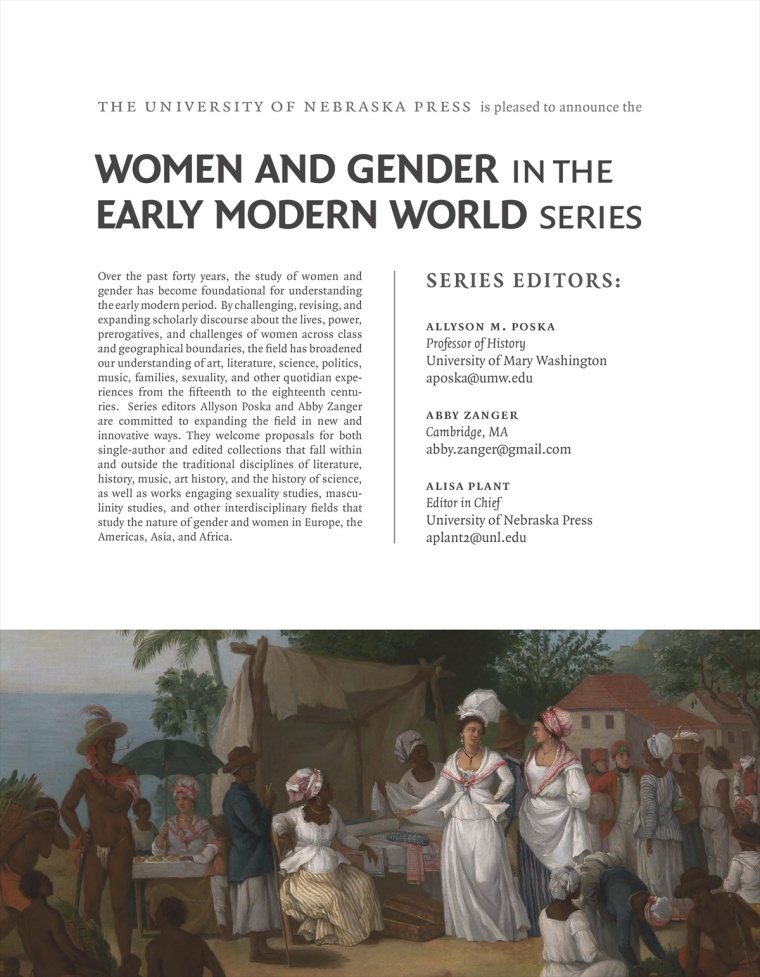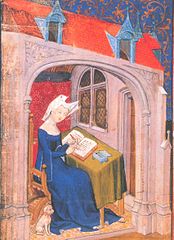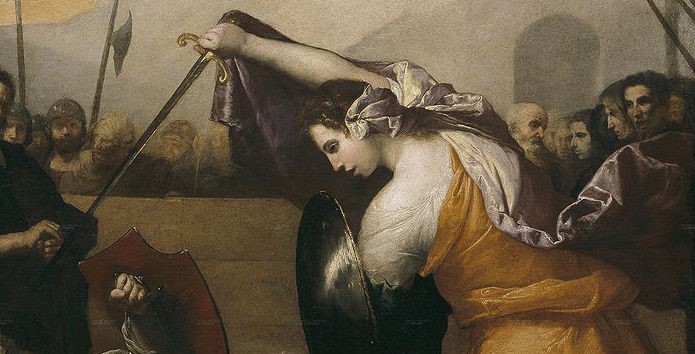
Attending to Early Modern Women: Action and Agency, June 14-17, 2018 Milwaukee, WI
Call for Proposals
Over its time in Milwaukee, Attending to Early Modern Women first asked “where?” (Remapping Routes and Spaces, 2012). Then we asked “when?” (It’s About Time, 2015). Now we ask “how?” For both our subjects and ourselves, the answer is the same: action and agency. The conference will address these themes, posing such questions as: How do we understand the sites and modes of gendered confrontations in the early modern period? What collectivities were possible, then and now, and how and why do they form and fade? How do women imagine choice, and what role does choice or the illusion of choice play in their lives? How can our work as scholars and teachers of a distant period become action?
The conference will retain its innovative format, using a workshop model for most of its sessions to promote dialogue, augmented by a keynote lecture, and a plenary panel on each of the four conference topics: confrontation, collectivity, choice, and pedagogy. It will be held at the UW-Milwaukee School of Continuing Education in the heart of downtown Milwaukee, and conference attendees will stay in the near-by Doubletree Hotel. Attendees will also have the opportunity to participate in a pre-conference workshop at the Newberry Library in Chicago.
Start thinking now about organizing workshop sessions. Continue reading “Call for Proposals Attending to Early Modern Women: Action and Agency”

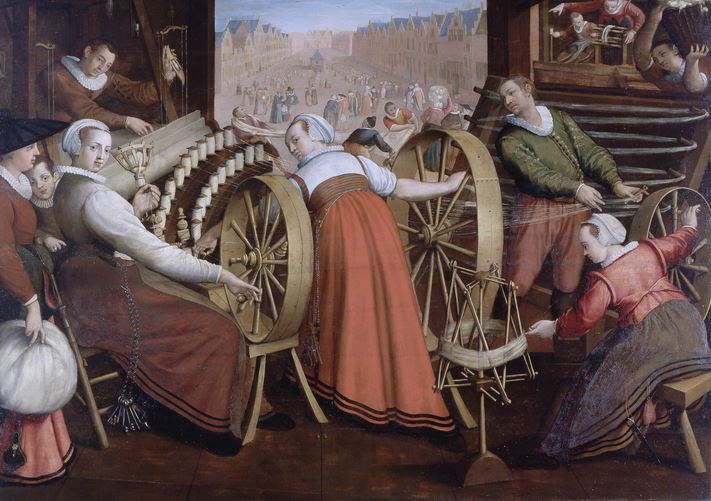
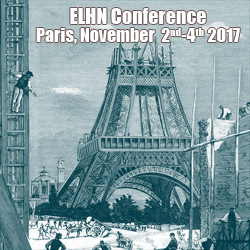
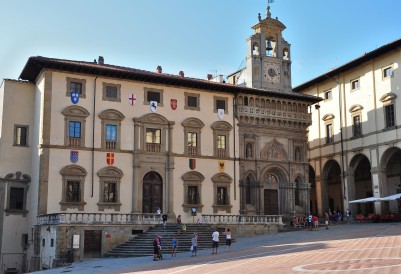
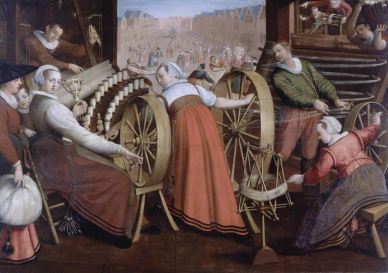 Invisible Hands: Reassessing the History of Work
Invisible Hands: Reassessing the History of Work